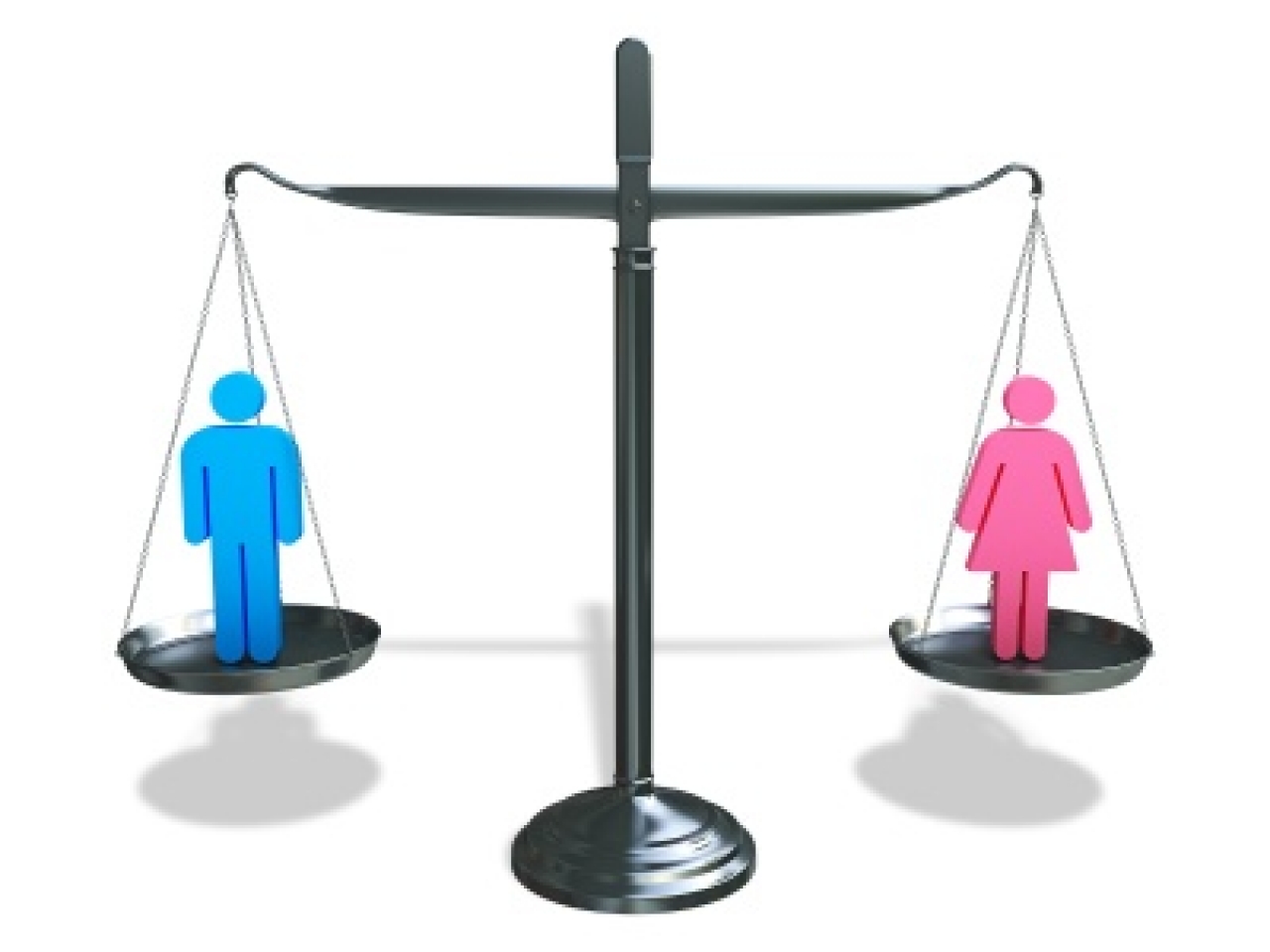Does the pay gap affect you?
It should be a simple concept, right? A man does a job well, gets paid a wage and lives happily. A woman does the same job just as well, gets the same pay and lives just as happily. It’s not just a simple concept, it’s fair. So why is that in the UK we still have a pay gap of roughly £100 per week?
This difference in pay makes up just over an on average 9% difference in pay between men and women (this is dependent on the industry, it can be as high as 25% and as low as about 3%). It’s come on a fair way since records began in 1997 when the average pay difference was 17.4% but even as of 2013 we had the 6th LARGEST gender pay gap in Europe.
There’s various reasons behind the wage gap, none of which are particularly pleasant, but they include discrimination in the hiring and promotional process, bias against mothers and the general undervaluing of female workers. A lot of this comes from societal bias, but that’s something we’ll get into another time... What we want to do is ensure that you know when there’s a problem and what you can do if something happens.
A problem has occurred if:
You are appointed to a lower pay rate than a male colleague doing the same or similar work.
A male colleague receives an increase in pay which you do not due to maternity leave.
You are being paid less per-hour while working part-time than a man doing the same work full time.
Your employer put employees on individual contracts and does not allow you to discuss the details.
You have a different job title to a man doing the same or similar work.
If you believe that any of these issues apply to you, you should talk to your trade union rep. They will be able to give you the advice and support you need when addressing any unlawful action. If you’re not part of a trade union you fill out an “Equal Pay Questionnaire” which can be found here: https://www.gov.uk/government/publications/equality-of-terms-equal-pay-complaints-questionnaire. This will help you get the information needed to address the issue affecting you.
Thanks to the equality act of 2010 it’s not just women who should be better protected from pay inequality. This act also ensures employers must take into account gender identification, sexual orientation, religion and belief, age, disability and race. This act makes it easier for any victim of pay discrimination to raise and resolve the issue.
In an ideal world these issues wouldn’t exist, but until we get to the point where equality is no longer an issue, it’s good to know what issues you may face and what you can do when you experience discrimination.
If you still want more information there’s some great resources out there such as http://www.closethegap.org.uk/ who have all the information you need and what you can do to help promote equal pay.





